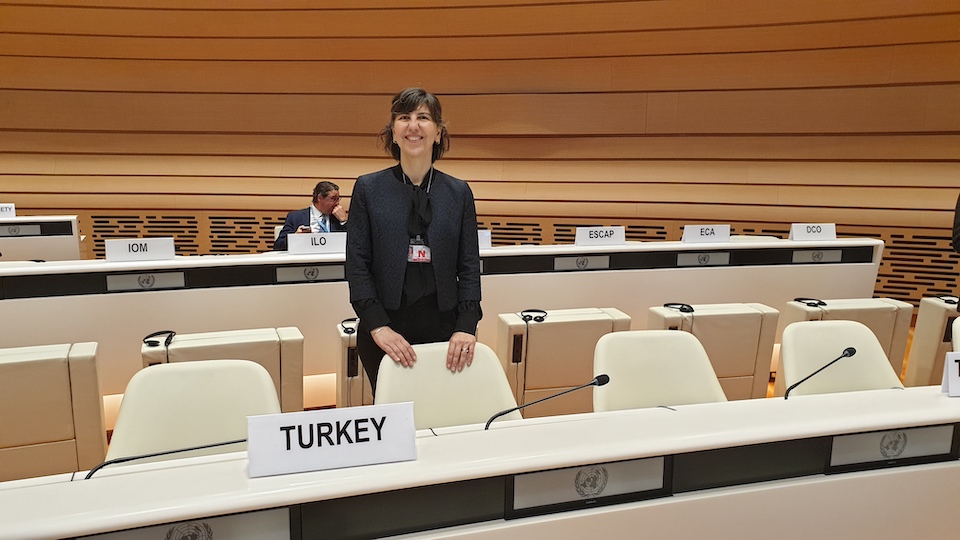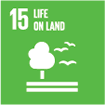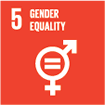From Where I Stand: “To create a sustainable world, we need to establish a life in harmony with nature and leave no one behind.”
Date:

Özlem Altıparmak is a lawyer based in Izmir, a western province of Turkey. She is an activist working in the fields of human rights, gender equality, climate change, and environmental protection for almost 20 years in Turkey. She is the legal advisor of Doga (Nature) Association, a grassroots organization defending the rights of nature and taking action to sustain biodiversity. She attended the Regional Forum on Sustainable Development in April 2022 held in Geneva with the support of UN Women Turkey, which she describes as a critical milestone in her activism.
![]()
“I do not accept the issue of climate change as just an engineering, economics, or energy issue. I deal with it from a rights-based and holistic approach. I have always been eager to learn about the impacts of climate change and wanted to look at the concept from an interdisciplinary perspective. The climate issue is multi-layered and complex, so does not only require knowledge of environmental law.
Before attending the Regional Forum on Sustainable Development, sustainable development was not a major part of my work and activism. I needed deeper knowledge about the international debates and mechanisms around this subject. Both the preparations for the Forum and the Forum itself were very useful for me to develop my capacity, and to network with a diverse range of actors. I met many civil society organizations (CSOs) operating internationally on sustainable development and gender issues.
I followed the official meetings and side events on SDG 15 ‘Life on land’, as Doga Association mainly focuses on biodiversity, protection of ecosystems, and nature. I was thrilled to learn about the initiatives in other countries and of the CSOs in the Europe and Central Asia region, and I benefited a lot from their expertise and approach. I am glad that sustainable development is now becoming part of our work and my own activism, thanks to the Forum.
Climate change is now considered a human rights issue all over the world, with increasing attention on the gender aspect of climate change. The Forum helped me better understand and focus on vulnerable groups, climate change, and climate justice.
When we look at the reasons for the domination over nature and women, we realize that the system is built on patriarchy and inequalities. We must understand this domination and fight against this exploitation and injustice by empowering nature and women at the same time. It won’t be possible for us to talk about climate justice unless we start thinking about the effects of climate change and natural destruction on different groups, and developing prevention as well as adaptation policies. We can cope with climate change by empowering all vulnerable groups, especially vulnerable groups of women, and strengthening their resistance to it.
I interpret sustainable development together with the aim of sustainable living. Our rights depend on the existence of a healthy biosphere and ecosystems. To create a sustainable world, we need to establish a life in harmony with nature and a life that we leave no one behind.”


Özlem Altıparmak attended the Regional Forum on Sustainable Development convened by the United Nations Economic Commission for Europe (UNECE) in Geneva on 6–7 April 2022. Her participation in the forum was supported by UN Women Turkey through the Strong Civic Space for Gender Equality project funded by the European Union. The work of Altıparmak contributes to Sustainable Development Goal (SDG) 15 Life on Land, which aims to protect, restore and promote sustainable use of terrestrial ecosystems, sustainably manage forests, combat desertification, and halt and reverse land degradation and halt biodiversity loss. Her work also relates to SDG 5 on achieving gender equality and empowerment of all women and girls.